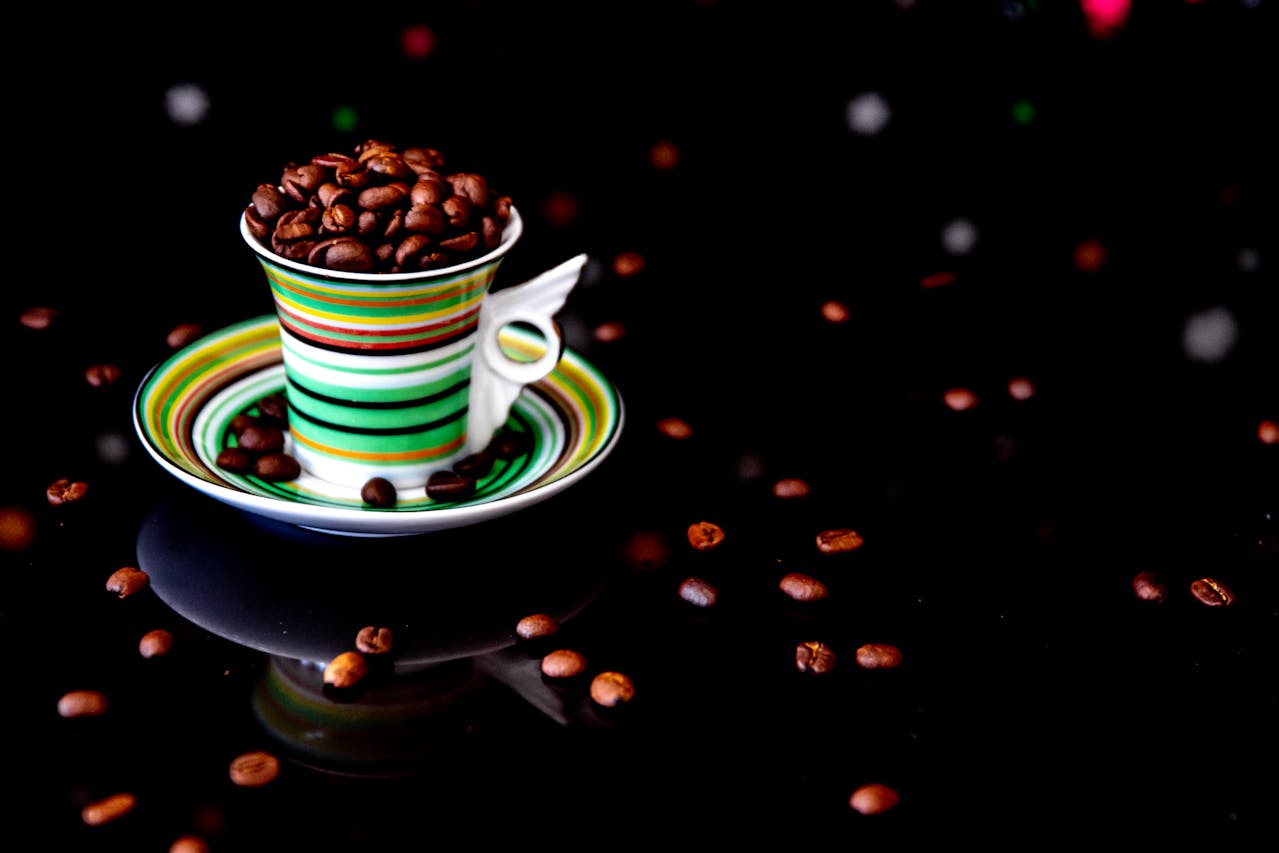Our Farm
At the heart of our operations lies our commitment to quality at every stage of the coffee journey. From meticulously selecting the best coffee varieties suited for our high-altitude terrain to nurturing the plants with care and expertise, we ensure that only the finest beans reach our processing facilities. Here, our team of skilled professionals employs cutting-edge technology and time-tested methods to transform raw coffee cherries into exceptional coffee beans, preserving their distinct flavors and aromas.
We Have One Goal
To Provide The Highest Quality
Coffee
At Kiraa Estate, our goal is simple yet ambitious: to provide the highest quality of coffee and unforgettable farm tours to our valued customers. We are dedicated to crafting exceptional coffee beans that delight the senses with their rich flavors and aromas. Through meticulous farming practices and innovative processing techniques, we strive to exceed expectations and deliver a truly exceptional coffee experience with every sip.
we are equally passionate about sharing the magic of our estate through immersive farm tours. We believe that experiencing the journey of coffee cultivation firsthand enhances appreciation for the craft and connects people to the origins of their favorite brew. Our guided tours offer a behind-the-scenes look at our operations, from the lush coffee fields where it all begins to the state-of-the-art processing facilities where beans are transformed into liquid gold.
Whether you’re a coffee connoisseur seeking the perfect cup or an adventure-seeker eager to explore the world of coffee farming, Kiraa Estate is here to fulfill your desires. Join us on our mission to elevate the coffee experience to new heights, one sip and one tour at a time.

Our History
Jonathan M’Kiaira was a coffee farmer. He planted coffee when Africans were allowed to plant the cash crop by the British colonial government around 1949. He isolated a portion of his land and planted about 350 coffee bushes of the K7 variety, which is characterized by medium to narrow leaves with young shoot tips that are light bronze in color. K7 variety is tolerant to coffee leaf rust and coffee berry disease. It is suited for higher altitudes and is found primarily in Kenya and Tanzania.
Joel Muriuki his first son inherited the coffee bushes that his father had left at Kiraa village when he relocated to Kagwampungu. In compensation, Joel would then plant the same number of bushes for his father at Kagwampungu. This was a requirement and a practice not only in this scenario but common in cases of such relocations. According to what he shared with his long-serving farm manager- Silas Nkuru, Joel dug planting holes in the early fifties but lacked seedlings. He would later plant about 250 seedlings in 196
Continuity
Around 1966, he planted another 250 stamps that he obtained from Abogeta at a place known as Ngirine. Kiraa farm, now known as Kiraa Estate, expanded substantially from 1967 onwards when he planted more seedlings. This was made possible because the Nkuene Co-operative Society was able to procure seedlings from Kiambu. In the mid-nineteen eighties, Joel began developing his nursery bed of Ruiru 11 variety that was certified by the Coffee Research Foundation (CRF)
Joel, a career teacher was an early bird; he would attend to his farm before going to school to teach. According to his wife Janet, he would wake up as early as 4 am and do at least three or more planting holes before leaving for work. On other days he would prune a few bushes before walking to Githongo Primary School about 10 kilometers from his home. Janet recalls a fascinating incident when one of their farm workers ran to her one morning looking very perplexed. His name was Kirigia M’Rinyiru alias Kaangu. He couldn’t solve the puzzle of this person who had dug coffee holes at his employer’s farm during the night. She explained to the anxious employee

Coffee Farm Growth
In the early 1990s Joel and his wife Janet planted coffee in additional farms
where he had been planting maize and beans for many years. He also acquired new parcels of land in Kirirwa in Central Imenti and planted more coffee. They were also licensed to establish a pulping factory by the Coffee Board of Kenya around the same time; Kiraa Estate was effectively established.
Subscribe To Get latest updates
Whether you’re a coffee enthusiast eager to learn more about our farming practices or a potential business partner interested in collaborating with us, we’re here to listen and engage with you.
